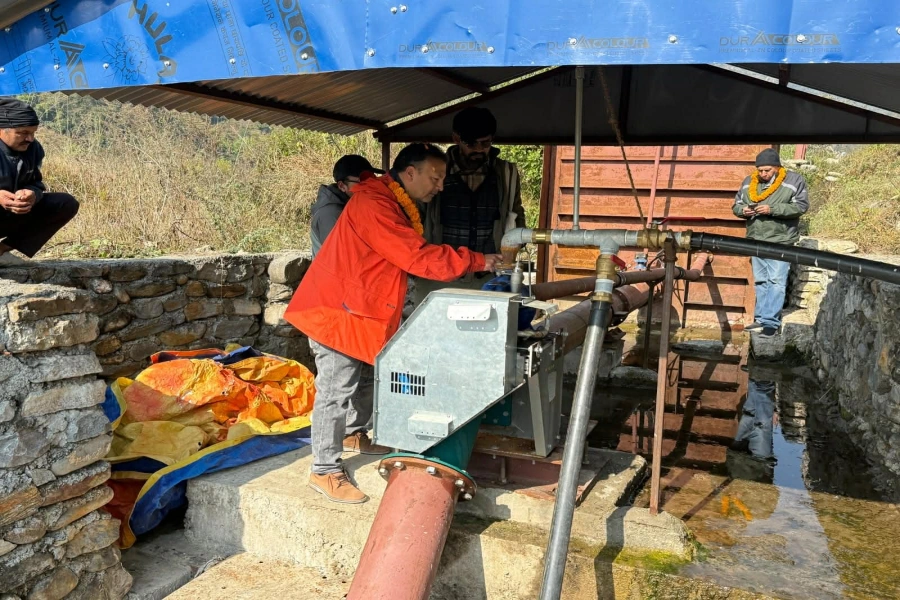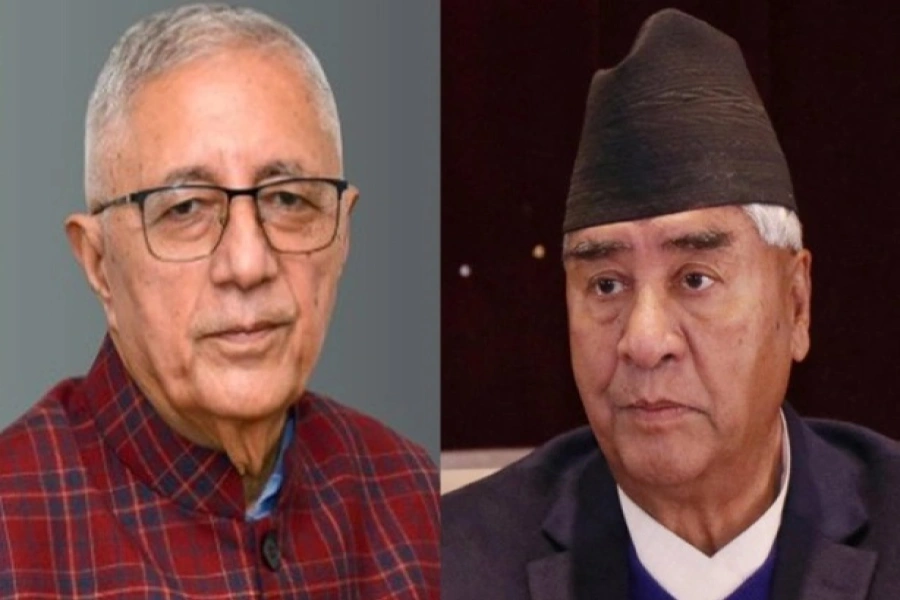If Nepal takes decision for graduation, it will change trade partnerships and fiscal financing facilities enjoyed by the country
In March 2018, Nepal will, possibly, have to make a final decision on second review for its graduation from the status of being a Least Developed Country (LDC) to a developing one in 2022. The Committee for Development Policy (CDP), an auxiliary body of the UN Economic and Social Council, is mandated to review the categories of LDC countries every three years and is responsible for monitoring their progress and possible graduation.
Among three graduation thresholds—Gross National Income (GNI) per capita, Human Assets Index (HAI), and Economic Vulnerability Index (EVI)—the countries that aspire for graduation must meet two conditions. Nepal has met the latter two conditions with HAI of 69 and EVI of 27. So, will Nepal be able to graduate to developing country status?
It stands as one of the major milestones to be achieved for Nepal. If Nepal takes the decision for graduation it will significantly change the trade partnerships and fiscal financing facilities enjoyed by the country.
Perks and benefits

LDCs enjoy concessional financing support measures and perks in areas of trade and developmental assistance. Measures associated with technical assistance and other forms of support are also granted to LDCs. If LDCs are members of World Trade Organization (WTO), they also have the benefit of special and differential treatment regarding WTO-related obligations. Furthermore, conference participation is always sponsored. Upon graduation, Nepal will lose all those conveniences.
Some countries
hold back from graduation when
they face natural disasters. Samoa
had done so
in 2010.
Though Nepal is close to meeting graduation criteria, the country still remains vulnerable at commercial and environmental levels. Besides, socio economic progress should be ensured after graduation. Some countries hold back when they face serious economic or natural disasters. Samoa, for example, requested for a deferral in 2010, following the 2009 tsunami.In the last two years, Nepal has also suffered major setback in its endeavors of economic development. Earthquakes of 2015 and floods of 2017 resulted in deaths of thousands of people and losses of hundreds of millions of rupees besides the destructions of infrastructures, heritages and houses. The economic growth that went down in 2015 only rose to 0.6 percent in 2016. We are not sure if we will be able to improve our economy in the days to come.
The LDCs which graduated—Botswana, Cabo Verde, Maldives and Samoa—had met GNI per capita criteria. This is the most important criteria if we look at it through an economic lens. Nepal, on the other hand, has failed to meet criterion of GNI per capita of US$768. The structural scarcity that the country faces at the moment will not alter with incoming graduation.
Diversifying trade
Flawed or not, as much as criteria of graduation categorization of countries as LDCs or developed ones are the man-made construct in the first place. At an important time like this, Nepal should be able to substantiate partnerships, make its international presence strong through self reliance and sustainability, and have an action plan ready. This may also serve as a milestone that drives Nepal to work towards rejuvenating its regional trade and cooperation alliances such as South Asian Association for Regional Cooperation (SAARC) and South Asian Free Trade Area (SAFTA).
The major and perhaps the one big advantage of graduation for Nepal will be its attainment of ownership, its lead in domestic resources and the push it can employ to diversify its trade. The merchandise exports of Nepal—which are limited to pashmina, cardamom, and ginger inter alia—must be expanded to move towards economic affluence.
The benefits of graduation seem more disposed towards profit of national psyche and temperament rather than tangible capital advantages. However, it is imperative to capitalize on new and emerging market economies and develop productive capacity through employment of good policies for development and governance. Further work needs to be done on social, macroeconomic and sectoral areas. Finally, Nepal should have full ownership of its development agenda. It should take the reins and steer it towards socio-economic prosperity.
The author is student of International Relations and Diplomacy at Tribhuvan University, and works as a planning officer at National Planning Commission Secretariat.































